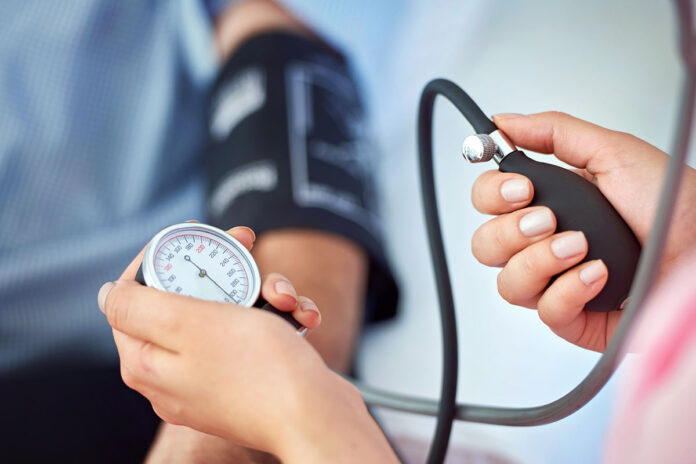High blood pressure (hypertension) can become more noticeable during colder months due to the constriction of blood vessels caused by cold temperatures. This constriction increases blood pressure because the heart has to work harder to pump blood through the narrower vessels. Here are the symptoms, risk factors, and preventative measures to consider:
Symptoms of High Blood Pressure in Cold Weather
While high blood pressure often does not present obvious symptoms (it’s called a “silent killer”), the following signs can sometimes indicate elevated blood pressure:
- Headaches: Persistent or severe headaches, especially in the morning.
- Shortness of Breath: Feeling out of breath during minimal physical activity.
- Chest Pain: A feeling of tightness or discomfort in the chest.
- Dizziness or Vertigo: Episodes of lightheadedness or feeling faint.
- Nosebleeds: Frequent or unexplained nosebleeds.
- Fatigue: Unexplained tiredness or a lack of energy.
- Blurred Vision: Difficulty focusing or seeing clearly.
- Palpitations: Feeling your heartbeat as irregular, fast, or pounding.
Why Blood Pressure Increases in Winter
- Vasoconstriction: The cold causes blood vessels to narrow (vasoconstriction), increasing resistance in the blood flow.
- Increased Salt Retention: The body may retain more sodium in winter, which can raise blood pressure.
- Reduced Physical Activity: Many people are less active during colder months, which can negatively affect cardiovascular health.
- Seasonal Stress: Holidays and colder conditions might add emotional or physical stress, further contributing to blood pressure spikes.
Risk Groups
- Older Adults: Age increases susceptibility to hypertension during the cold.
- People with Pre-existing Hypertension: Those already managing high blood pressure are at greater risk of spikes.
- Individuals with Sedentary Lifestyles: Reduced movement in winter can contribute to higher readings.
- Smokers and Drinkers: These habits can compound the effects of cold weather on blood pressure.
Preventive Measures
- Stay Warm: Dress in layers and keep your living space warm to reduce the impact of cold on blood vessels.
- Monitor Blood Pressure: Regularly check your blood pressure to identify unusual changes early.
- Eat a Balanced Diet: Reduce sodium intake and focus on potassium-rich foods like bananas, spinach, and sweet potatoes.
- Stay Active: Indoor exercises like yoga, stretching, or brisk walking can help maintain cardiovascular health.
- Stay Hydrated: Drink adequate water to maintain proper blood volume and circulation.
- Limit Alcohol and Smoking: Both can exacerbate blood pressure issues.
- Manage Stress: Practice relaxation techniques like meditation, deep breathing, or mindfulness to lower stress-related blood pressure spikes.
If you notice persistent symptoms or your blood pressure readings are consistently high, consult a doctor promptly. Medications or lifestyle adjustments may be necessary for better management.



